Advertisement
“Auld Lang Syne” is a Scottish poem set to the tune of a traditional folk song. It’s well known in many countries, especially (but far from exclusively) in the English-speaking world. Its traditional use is to celebrate the start of the New Year at the stroke of midnight. This performance is by Dougie MacLean.
Many people sing it to bring in the new year without actually understanding its meaning or even the words. The text on which the lyrics are based isn’t in English at all — it’s 18th-century Scots, a similar but distinct language. The words had been used by a Scottish church (S. w. Ayreshire) for the previous 600 years, as a funeral oration, and was finally documented by Robert Burns in 1788 and included some original content written by him.
There are several translations, which you can see here on Wikipedia along with more background info. In the mean time, enjoy the song and have a Happy New Year!
Advertisement







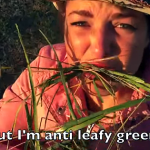







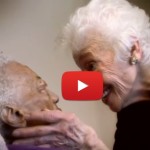
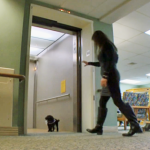

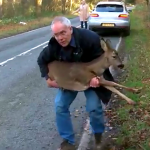





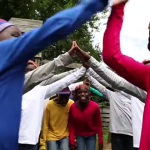
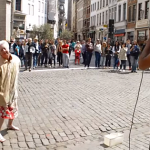

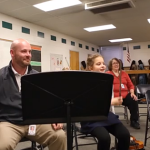
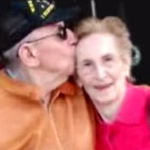

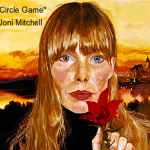

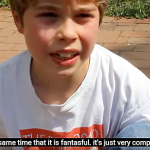



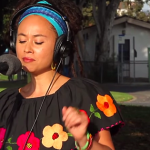

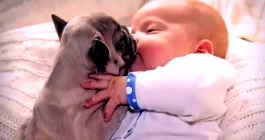
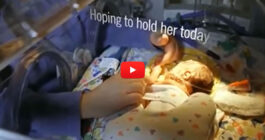
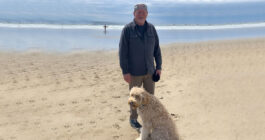



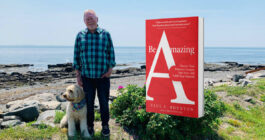
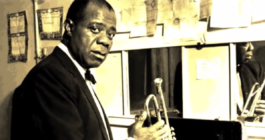



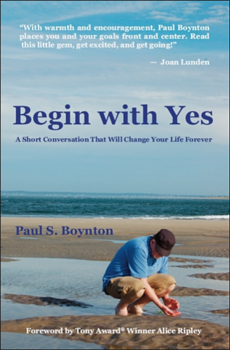
Burns did indeed write Auld Lang Syne however the first stanza and the Chorus were based on lines and ideas from earlier poems, the earliest of which dates back to an anonymous ballad from 1568. Another poem written around the early 1600’s by Sir Robert Ayton begins “Should Auld Acquaintance be forgot, And never brought upon, The flames of love extinguished, And freely past and gone?” This was published in Watson’s ‘Choice collection of Scots Poems, (1711)’. Another poem by Scottish poet Allan Ramsey published in 1720 begins similarly ‘Should Auld acquaintance be forgot’ but is otherwise different from Burns’ poem. It is very likely that Burns was aware of these early poems and probably served as inspiration for his own. The idea that the church gave the words to Burns for posterity is very unlikely and not backed up by the available evidence.
R Burns did not write Auld Lang Syne. The words had been used by a Scottish church (S. w. Ayreshire) for the previous 600 years, as a funeral oration, as this church declined the words were given to Burns for posterity.
I have often recited it at funerals for people with Scottish connections, with welcoming comments.
Alan MacDonald Kerr Rodgers